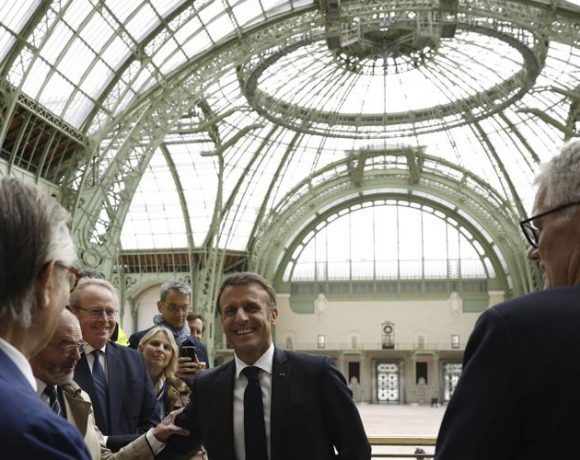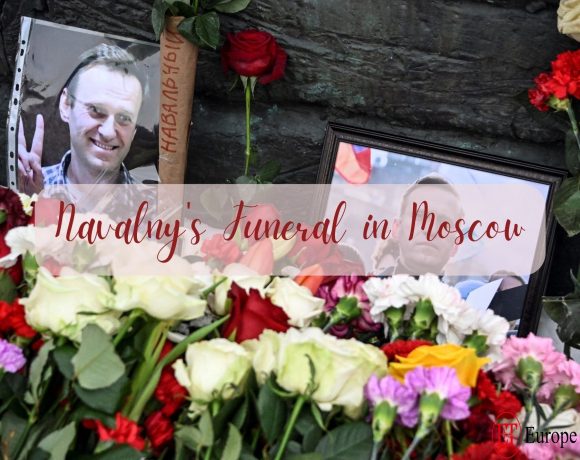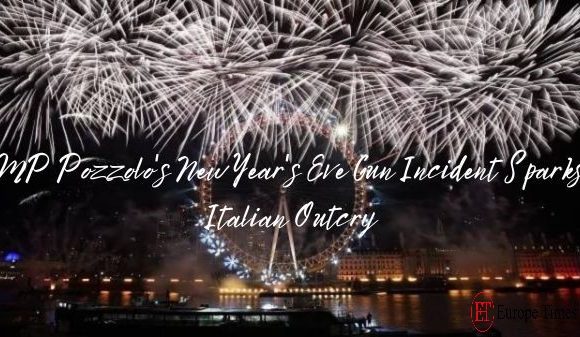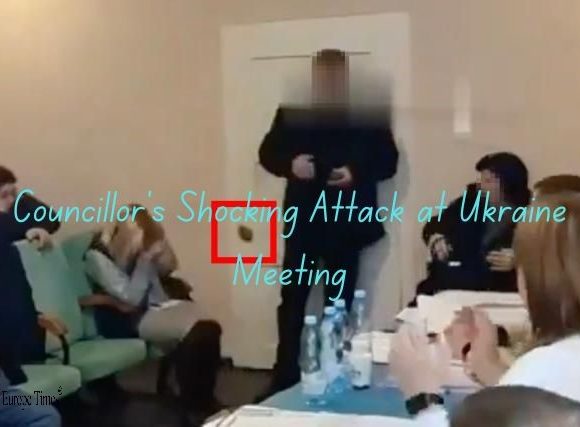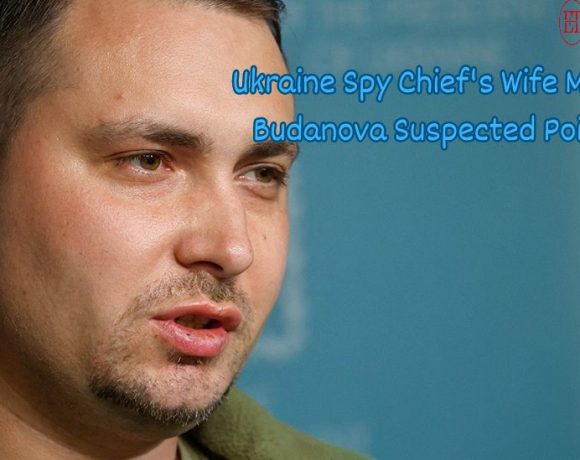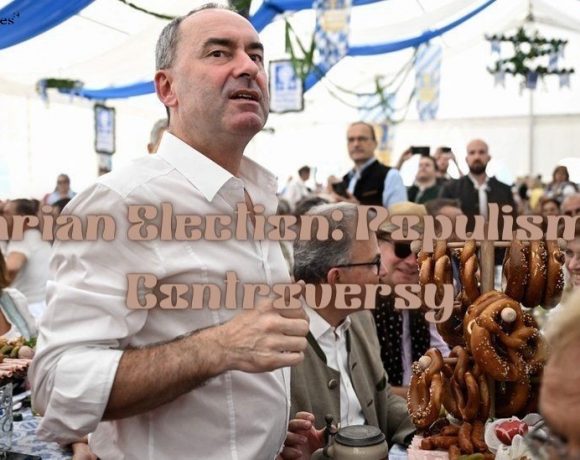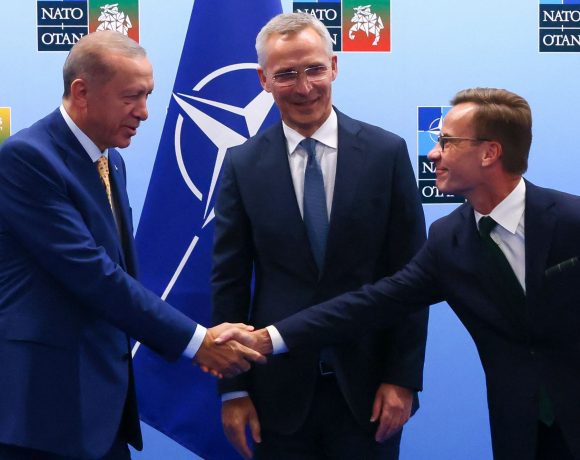In response to a series of Quran burnings that sparked outrage in Muslim countries, the Danish government has introduced a proposal to prohibit the public burning of religious texts, including the Quran. Justice Minister Peter Hummelgaard emphasized that such acts not only harmed Denmark’s reputation but also posed a risk to its citizens’ safety. The new legislation aims to classify improper treatment of the Quran or Bible as a criminal offense, carrying penalties of fines and potential imprisonment for up to two years.
The Danish government, which holds a center-right stance, aims to convey a message to the international community through this move. Foreign Minister Lars Lokke Rasmussen highlighted that recent weeks have witnessed around 170 demonstrations, some involving the burning of Quran copies near foreign embassies. Denmark’s intelligence agency, PET, has cautioned that these incidents have escalated the terrorist threat.
Denmark’s neighboring country, Sweden, has also experienced similar Quran burnings, leading to concerns about worsening security. However, both Denmark and Sweden had been cautious in their response due to their strong tradition of freedom of expression. Sweden abolished its blasphemy laws in the 1970s.
Denmark’s decision to address this issue gained momentum after further Quran burnings occurred in both countries in July. The Organisation of Islamic Cooperation (OIC) urged its member nations to take appropriate action against countries where such desecration occurred.
The Danish justice minister clarified that the proposed change in the law wasn’t directed at verbal, written, or satirical expressions. Rather, the focus was on curbing actions that only fueled division and hatred. Deputy Prime Minister Jakob Ellemann-Jensen stressed the importance of responsible behavior even while exercising freedom of expression.
Denmark acknowledged that it couldn’t ignore the negative implications of these actions on its security. Meanwhile, Sweden’s Prime Minister, Ulf Kristersson, noted that his country wouldn’t follow Denmark’s approach, citing the need for potential constitutional amendments.
The Danish government plans to present the proposed legal changes on September 1st, with the aim of passing them in parliament by year-end. The prohibition is expected to be included within a section of the criminal code that addresses public insults toward foreign states, flags, or symbols.
Picture Courtesy: Google/images are subject to copyright
